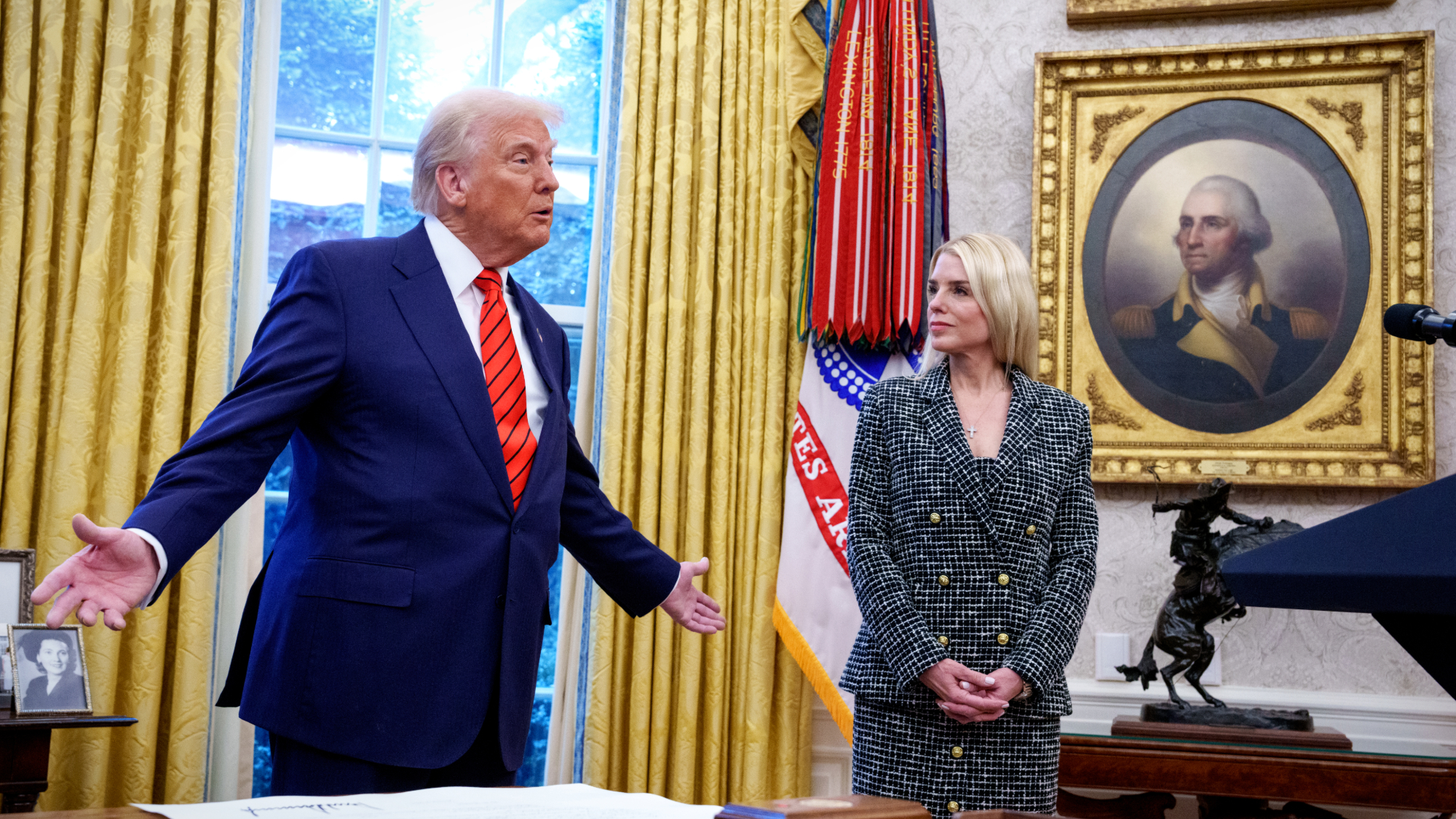
REUTERS/RACHEL WISNIEWSKI/FILE PHOTO
People carrying shopping bags walk inside the King of Prussia shopping mall in King of Prussia, Penn., in November 2021. U.S. consumer sentiment dropped unexpectedly in February to a seven-month low and inflation expectations rocketed as households feared it may be too late to avoid the negative effects on their purchasing power from President Donald Trump’s threatened tariffs.
U.S. consumer sentiment dropped unexpectedly in February to a seven-month low and inflation expectations rocketed as households feared it may be too late to avoid the negative effects on their purchasing power from President Donald Trump’s threatened tariffs.
The University of Michigan Surveys of Consumers today said its Consumer Sentiment Index dropped to 67.8 from January’s final reading of 71.1, which was also the consensus expectation among economists polled by Reuters.
Meanwhile households saw inflation over the next year surging to 4.3% — the highest since November 2023 — from 3.3% last month. Over the next five years they saw inflation running at 3.3% — the highest since June 2008 — from 3.2% in January.
RELATED
>> U.S. hiring slowed in January
>> Trump to unveil reciprocal tariffs on many countries next week
Don’t miss out on what’s happening!
Stay in touch with breaking news, as it happens, conveniently in your email inbox. It’s FREE!
>> Wall Street falls on trade war escalation, weak data
The drop occurred across age and wealth groups and weakened regardless of political affiliations, survey Director Joanne Hsu said in a statement. Even Republicans, whose sentiment soared after Trump’s election victory in November, expressed a more dour view of their economic situation, with their measure of sentiment the lowest in three months.
“The decrease was pervasive,” Hsu said. “Furthermore, all five index components deteriorated this month, led by a 12% slide in buying conditions for durables, in part due to a perception that it may be too late to avoid the negative impact of tariff policy.”
“Expectations for personal finances sank about 6% from last month, again seen across all political affiliations, reaching its lowest value since October 2023,” she said. “Many consumers appear worried that high inflation will return within the next year.”
The one-percentage-point rise in one-year inflation expectations was highly unusual, Hsu said, and marked just the fifth time in 14 years it has jumped as much. The surge is likely to be seen as an unwelcome development by Federal Reserve policymakers who are finding it harder than expected to return annual inflation to their 2% target.
The survey period for the first reading of sentiment for the month of February ended on Feb. 4, the day Trump had announced a temporary suspension of 25% tariffs on goods from Mexico and Canada that he had unveiled over the weekend. A final reading on sentiment for February will be released in two weeks.
Trump said today that next week he plans to announce a round of reciprocal tariffs to match the levies imposed by other countries on U.S. exports, confirming an earlier report by Reuters.
#Consumer #sentiment #drops #inflation #expectations #surge











Leave a Reply